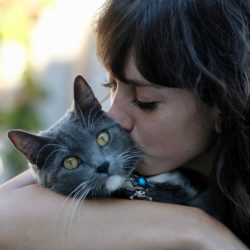
Tell us a little about yourself and your career.
I moved to Los Angeles right after graduating from Penn State University in 2011 with a degree in film and video. I barely knew anyone in this city, and honestly, I felt completely overwhelmed by the nebulous nature of this place and the industry. I knew I wanted to work in television in some capacity, but it wasn’t until I did a lot of jobs that didn’t work for me—movie clip clipper at Movieclips.com, production coordinator for Bravo promos, and a quick foray into the music industry—[that] I realized what would make me happy.
I guess I hadn’t allowed myself to want to become a writer in my early twenties because it felt daunting and the fear of failure was imminent. But by my mid-twenties I decided it was time to pursue that trajectory and find work at a company I liked. I had no idea it would be in the animation industry, but landing a job at Titmouse honestly saved me from leaving L.A. altogether. I worked as executive assistant to the owner and VP of the company, and I owe everything I know, not just about animation, but about the television industry in general, to those guys. Plus, I felt at home around fellow artists and weirdos.
Writing for animation started to make total sense. My bosses knew I wanted to become a writer, and they helped facilitate those goals. I eventually went on to become a script coordinator at Titmouse on the Amazon Kids’ show Little Big Awesome, where I wrote my first freelance episode. I did a few more script coordinating stints at Titmouse and then moved over to DreamWorks on The Mighty Ones, where I also got to write a bunch of episodes. With a handful of freelance scripts under my belt, I started looking for full-time writer work. I passed my sample around and landed my first staff writing gig on the upcoming Netflix show Dogs in Space. That wrapped during the pandemic, and since then I’ve been developing more adult comedy samples while doing some freelance scripts for Disney.
What challenges have you faced in navigating a career in animation?
I think I was at a disadvantage not having a proper grasp of how the animation industry functioned right off the bat. The art and writing elements are so much more intertwined than I was aware of, especially in the kids space. I hadn’t heard of writing outlines for board artists before (as opposed to full scripts) and so getting comfortable writing in that capacity, and being cognizant of the visual components, was a bit of a learning curve. The other challenge I’m facing is moving from kids into adult animation. The self-inflicted pressure of writing the “perfect” adult sample is enough of an obstacle in itself, but I do need to bust out a good script because as a writer, you tend to get pigeon-holed into a demographic.
What do you hope to accomplish in the animation industry?
I think I’ve gotten much better at writing for kids over the years, and I’ve learned to genuinely love it. But I’ve always had an affinity for darker, more subversive or offbeat comedies and would love the opportunity to really go for it—to explore weightier, more psychological stuff.
Who are your inspirations in the field of animation?
I know it sounds incredibly clichè, but Bojack Horseman showed me what was possible with the medium. Shows like that, [along with] Undone, Rick and Morty, and Love, Death & Robots, have made it clear that animation is a medium, not a genre. It can serve a dark comedy or a fantastical sci-fi sitcom or an anthology series in the same way live action can, and that’s incredibly exciting.
Plus, I have to say working for Chris Prynoski was inspiring! I’m not just sucking up—ha. I really admired the way he wore so many hats, maintained an incredible writerly and directorial sensibility with everything that came through the studio, and encouraged and fostered individual expression. Plus, he’s the most humble guy in the business, and that’s so admirable. Also, as a writer with zero drawing abilities, I’m constantly in awe of the artists who bring the writing to life, and I desperately want to do right by them and deliver good scripts!
What does being in the Union mean to you?
The Animation Guild really does feel like a supportive, tight-knit community full of people who want to connect, collaborate, and tell amazing stories. I’ve met a bunch of like-minded and creative individuals through mixers, TAG shows, etc., including some of my closest friends. Everyone seems to be looking out for each other in a really sincere way. The [Writers Committee] staffing grid makes the community even more accessible, and because there are fewer writers in TAG than in the WGA, you really get to know your peers. Plus, the Guild is always reassessing and negotiating fair wages and equal employment opportunities, so it’s nice to feel protected, especially as a newer writer.
Follow Goldfluss on Twitter at @JillG_fluss.
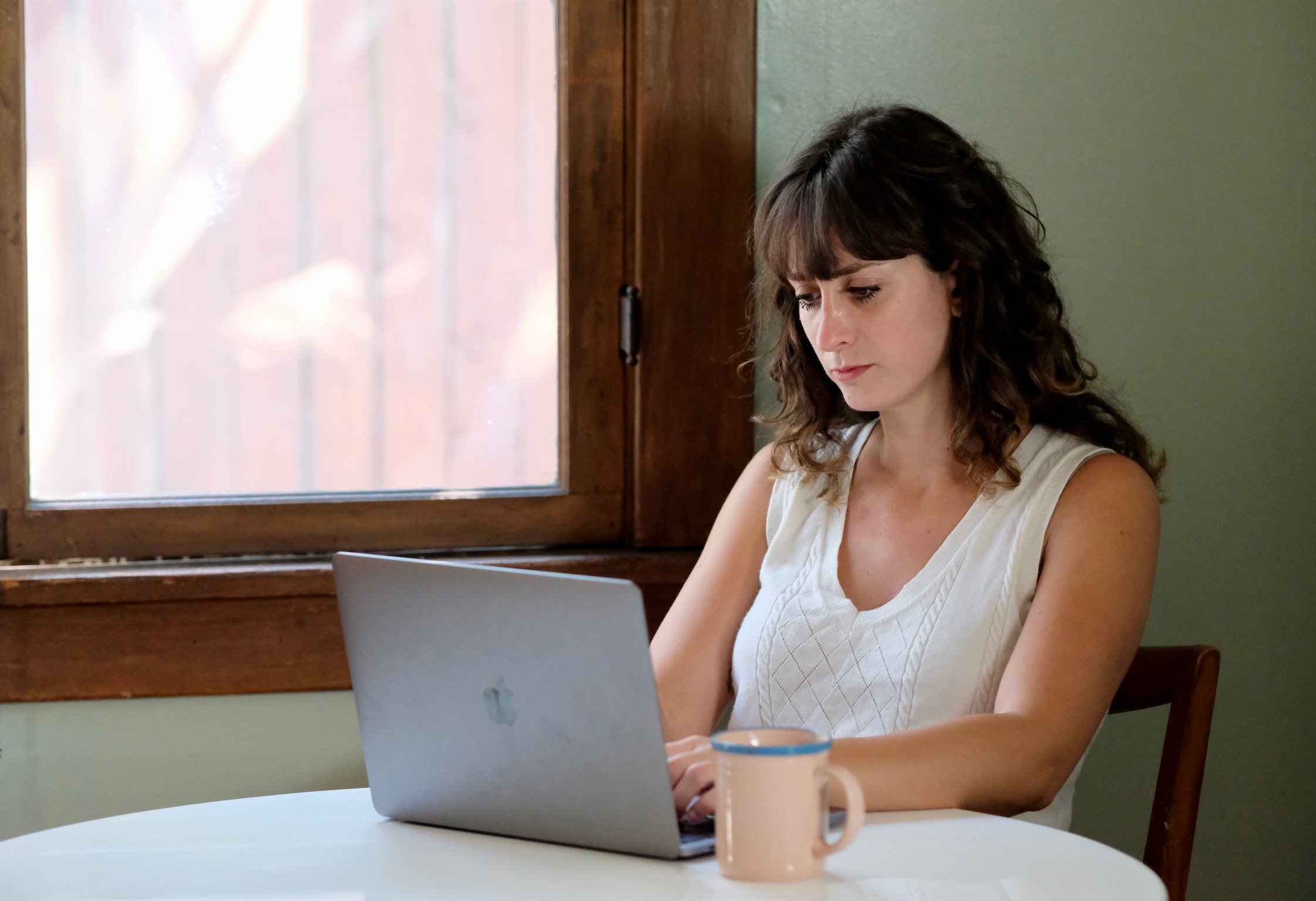
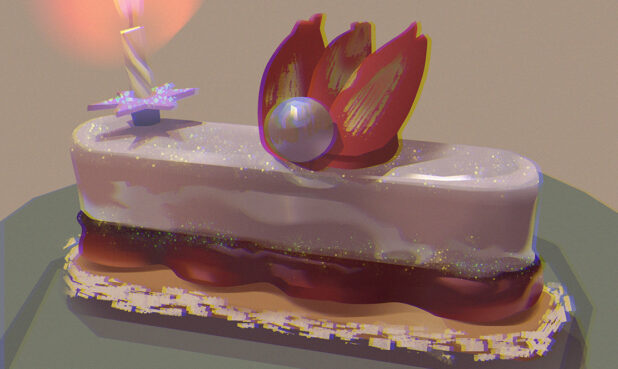
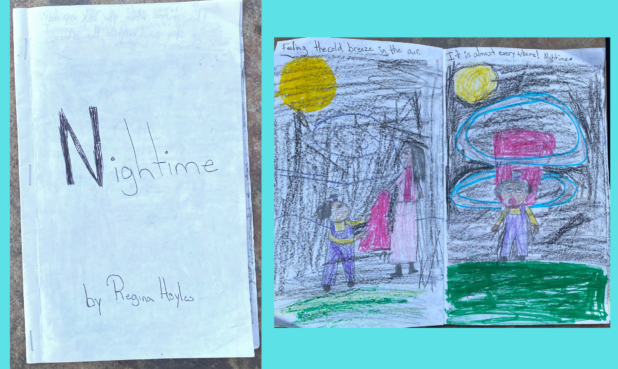
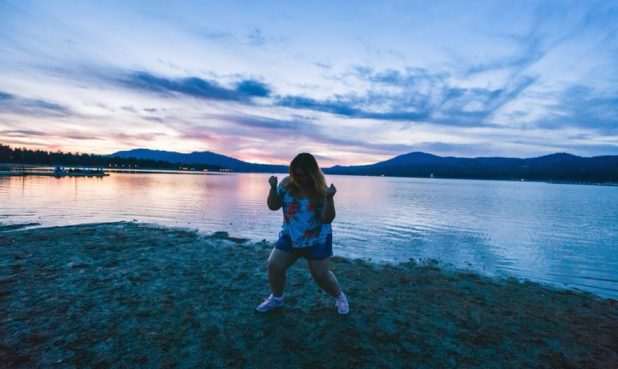
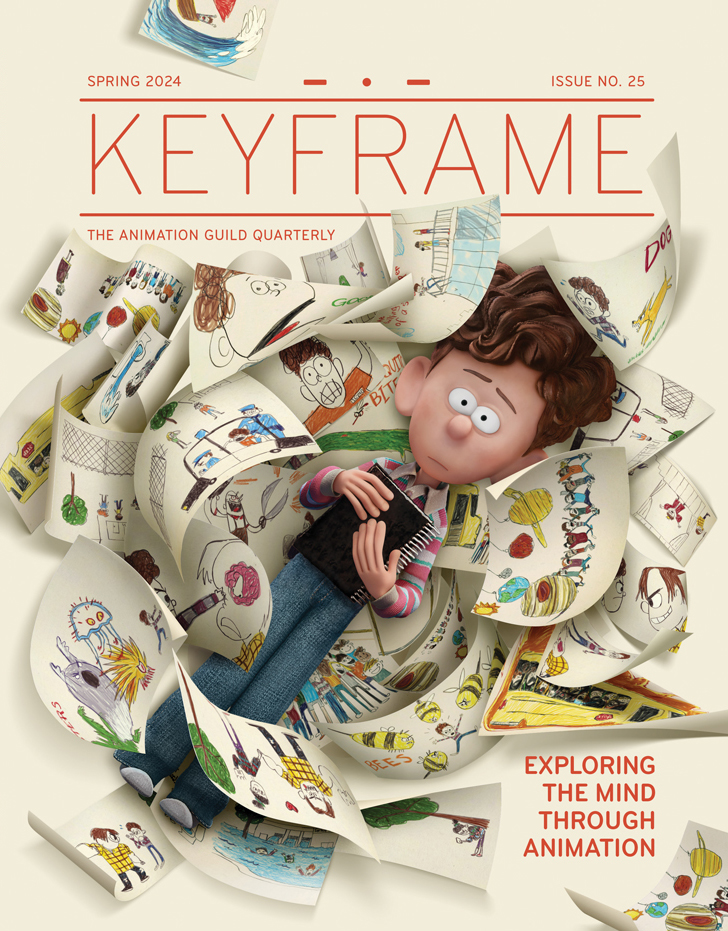
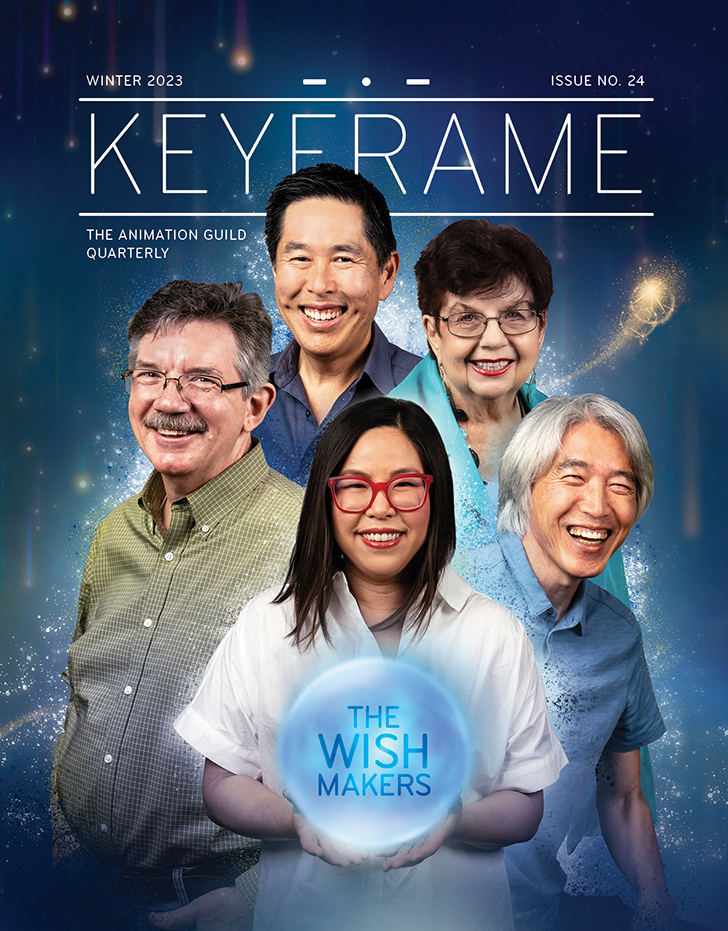
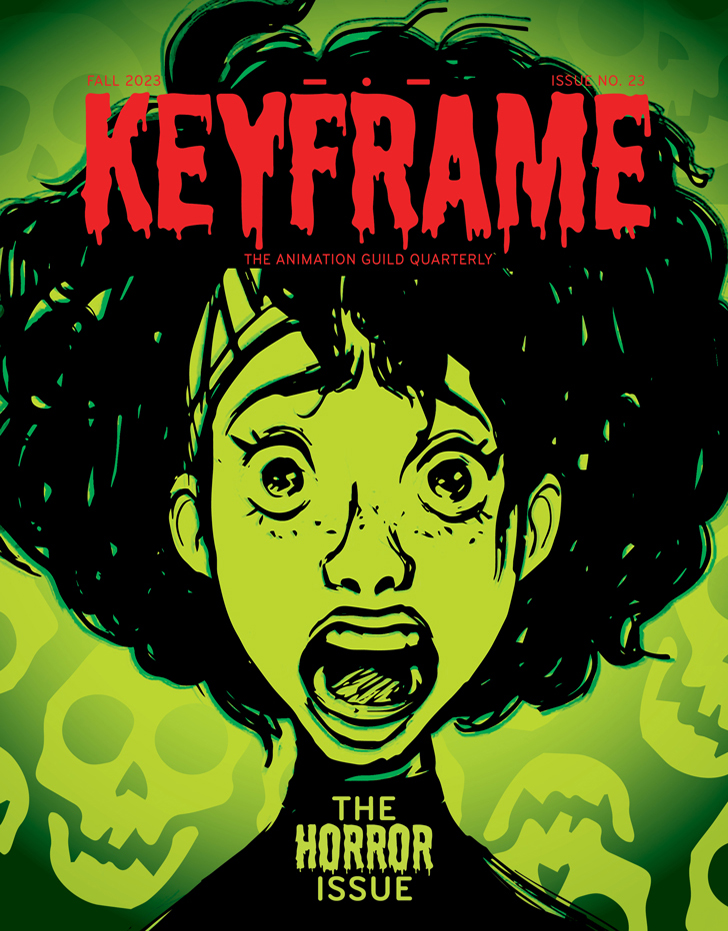
.png)